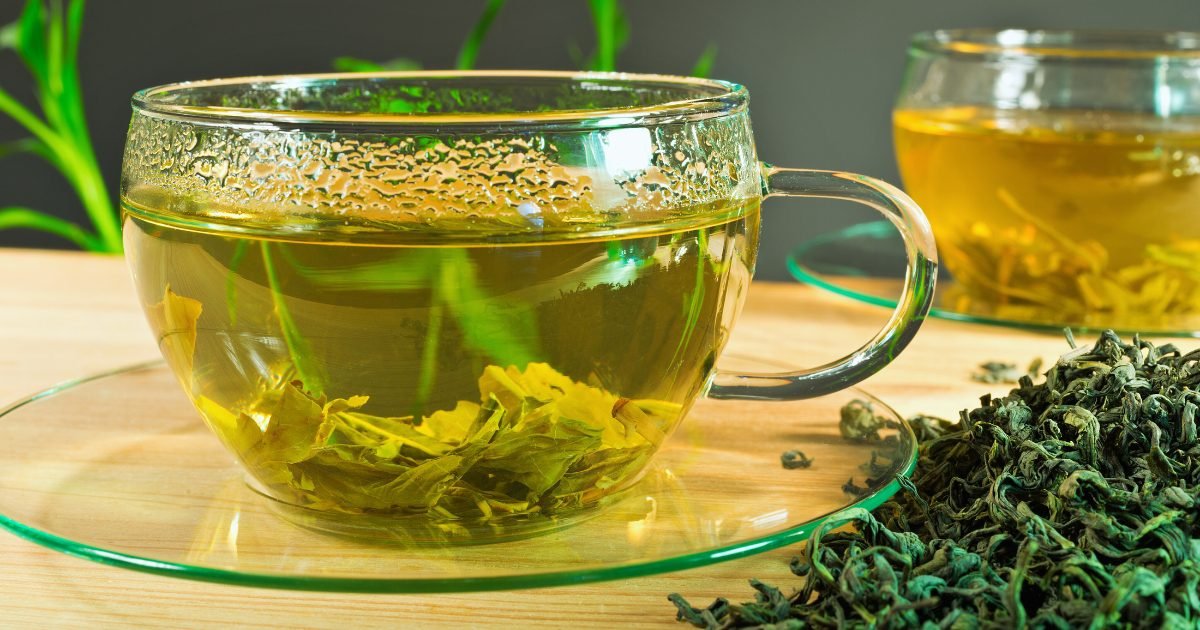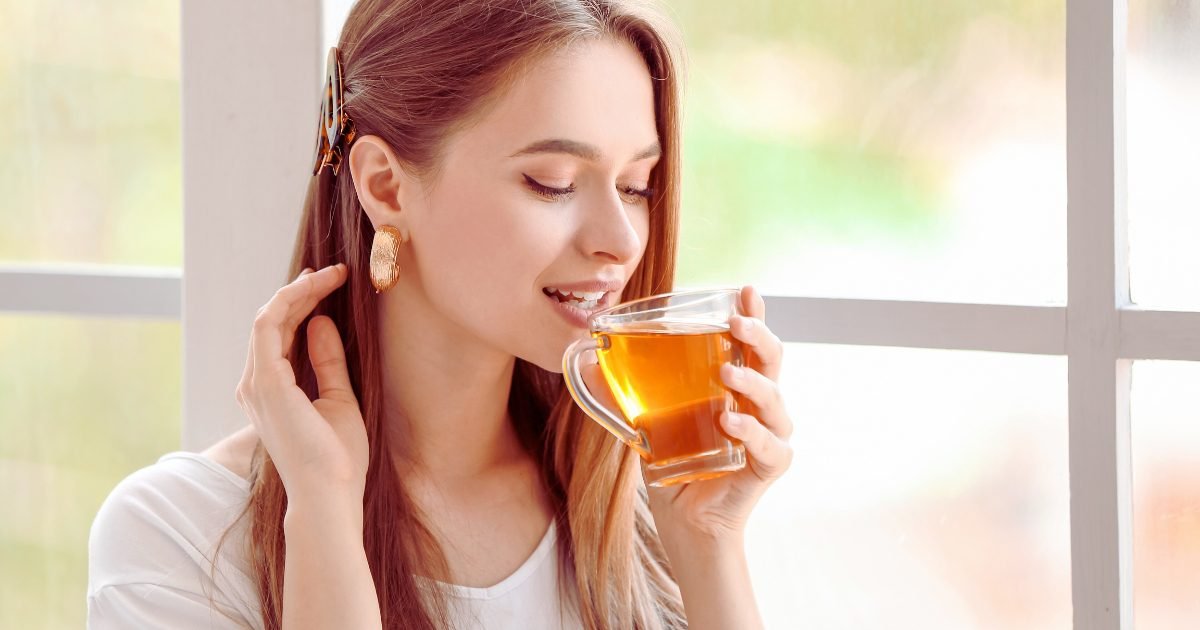Difference between Green Tea and Herbal tea – Which is Healthier and Why?

Green tea and herbal tea are two of the most widely consumed types of tea in the world. They have distinctive tastes and different health effects. Altogether, although both kinds yield excellent wellness perks, they vary significantly in source, matter, and result. So, which is healthier? Here now are the specifics to assist you in determining which tea could be congruent to the type of life you lead.
What is Green Tea?
Origins and History Tea specifically green tea originated in China and has been used for thousands of years and credited for several medical purposes. Green tea is produced from the leaves of the Camellia sinensis plant same plant used in the manufacture of black and oolong teas. This is where green tea differs from most other teas because it is minimally processed and in effect retains its antioxidant properties.
Making Process
Green tea processing includes withering, rolling or crushing, steaming, or pan-firing of the leaves/ buds immediately after picking. This careful process keeps the leaves green, retaining their delicate taste as well as the packed amount of antioxidants.
Read This Also – Which Honey is Best in India?
What is Herbal Tea?
Origins and History
Herbal tea is not prepared from tea bushes as green tea is and thus can be prepared from almost any plant. It is actually produced from diverse herbs, flowers, roots, and spices, and may have a connection to diverse cultural cures. Some examples of herbal teas include chamomile, peppermint, and ginger among others.

Types of Herbal Teas
Herbal teas are available in a variety of types, all of which offer different tastes and have more or less healthy effects. Some popular varieties include Chamomile Tea, which is popular in treating anxiety-related disorders. This tea has mint that is great for the digestion. Ginger Tea – Traditionally it is used due to its medicinal properties and is thought to have an impact on inflammation.
Nutritional Information on Green Tea
Green tea is famous for its high concentration of powerful compounds, such as catechins, and flavonoids that have some effect on cancer cells and may prevent certain types of heart diseases. Caffeine – though green tea contains less caffeine than coffee, it serves you enough to give you a positive energy boost. L-Theanine – A non-habit-forming amino acid that helps to develop a state of relaxation.
Nutrient Information on Herbal Tea
Herbal teas are caffeine-free and packed with various beneficial compounds, depending on the herb used:
- Antioxidants – There is a difference in antioxidants that exist in various herbs that help improve the general body health.
- Essential Oils – Some herbs used in preparing teas possess natural oils that possess calming properties.
- Nourishment – Some of the herbs such as nettle contain vitamins and minerals in your body system.
Health Benefits of Green Tea
Weight Loss: Coffee and green tea have been widely promoted as substances that can increase metabolic rate and thus help people lose weight. It contains catechins which make a big difference in fat metabolism, particularly during exercise.
Heart Health: Some research was done indicating that the consumption of green tea can lower cholesterol and has a positive impact on the functioning of the heart since it is a product with anti-oxidants and is anti-inflammatory.
Anti-Aging Properties: The substance in green tea namely EGCG has antioxidant characteristics hence able to protect skin cells from aging instead of giving it a dull appearance.

Health Benefits of Herbal Tea
Immune System Support: Substances such as echinacea, and ginger teas are usually taken in as immunity-boosting agents as well as a way of preventing diseases such as colds and flu.
Digestive Health: Germant and ginger teas are popular for good digestion and reducing the symptoms of upset stomach and bloating.
Stress Relief and Relaxation: One type of tea, chamomile or lavender, remarkably decreases stress and assists in sleeping.
The Amount of Caffeine in Green Tea and Herbal Tea
On the basis of caffeine content, the beverages can be distinguished as green teas contain significantly less caffeine than herbal ones. Green tea has moderate Caffeine content and the effect is not stimulating like other tea products. Herbal tea does not contain caffeine for that reason making it a better product to be consumed by individuals with special needs especially Those with sensitive stomachs or those who wish to avoid stimulants.
Antioxidant Power
Green Tea vs. Herbal Tea Basically, it was made known that green and herbal teas contain antioxidants, though from different origins. Catechins especially EGCG is a known powerful fighter of free radicals and green tea contains these in large measure. Different herbs contained in the herbal tea have different types of antioxidants which include polyphenols, flavonoids, and vitamins.
Effects on Metabolism
Green tea increases metabolism through caffeine and catechins making it a favorite among persons looking to shed a few pounds. Herbal teas are not comprised of caffeine and could help with the metabolism, such as ginger or cinnamon tea.

Impact on Heart Health
Both green and herbal teas may be good for the heart, but they improve it in different ways. Catechins also found in green tea help to lower the LDL cholesterol levels and promote better blood circulation. Hibiscus, considered to be an herbal tea, might have positive effects on blood pressure levels and might cut the chances of heart disease.
Mental and Emotional Benefits
Green tea is a balanced stimulant because, on one side, there is the caffeine effect, and on the other side, L-theanine, which makes you focus and relax. Guarana tea makes you more energetic and pep ome tea helps you cool down especially when you are stressed at the end of the day.
Conclusion: Which is Healthier?
To be more precise, green tea and herbal tea have their characteristics, and depending on the intended health result of the consumer, people should choose between the two. If what you’re after is an upping of the metabolic rate or a subtle jolt of energy, green tea seems to be the answer. When people need something that is free from caffeine to act as a beverage for relaxation, digestion, or mere treatment of body aches, then the best thing to take is herbal tea.
